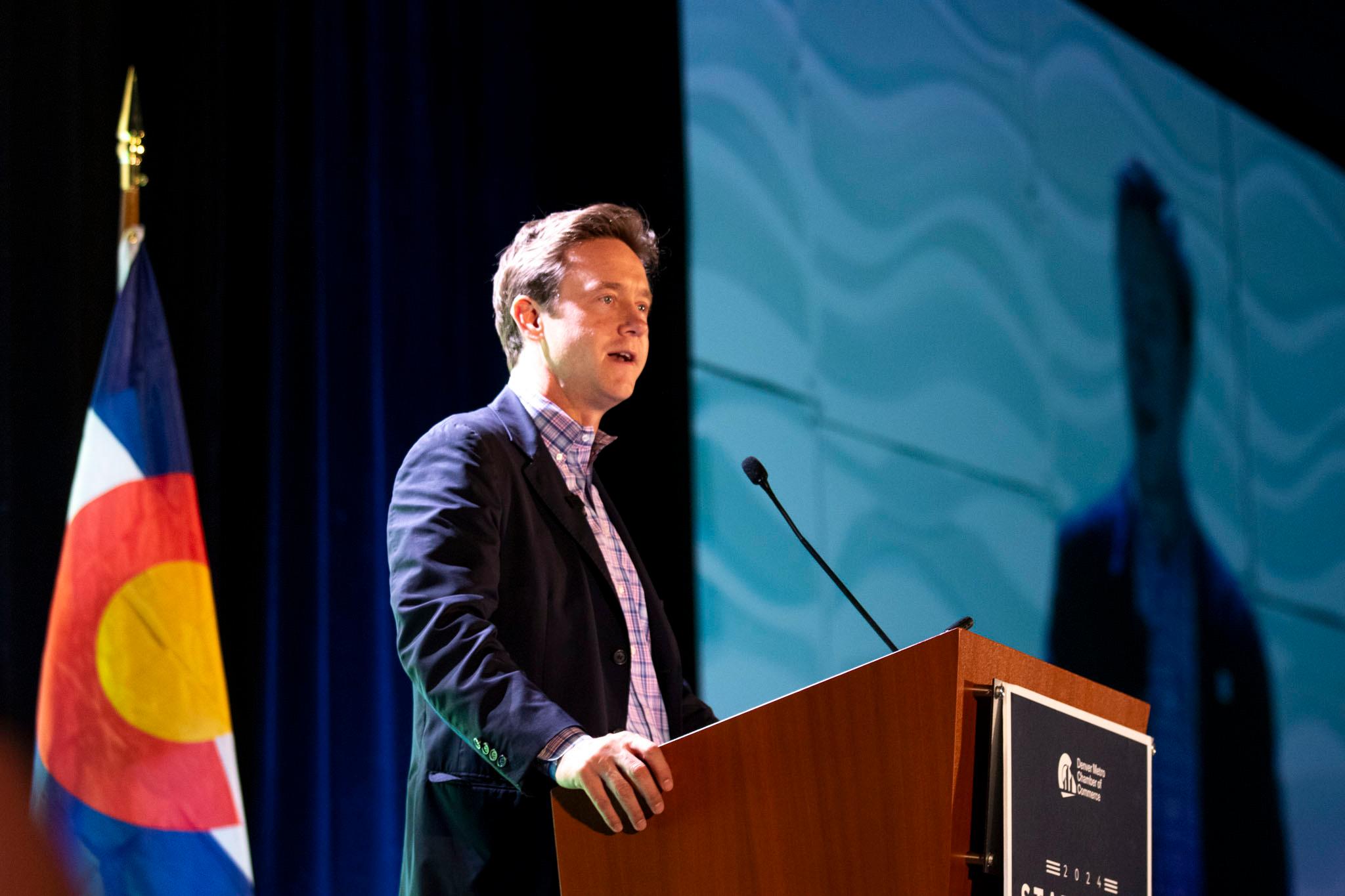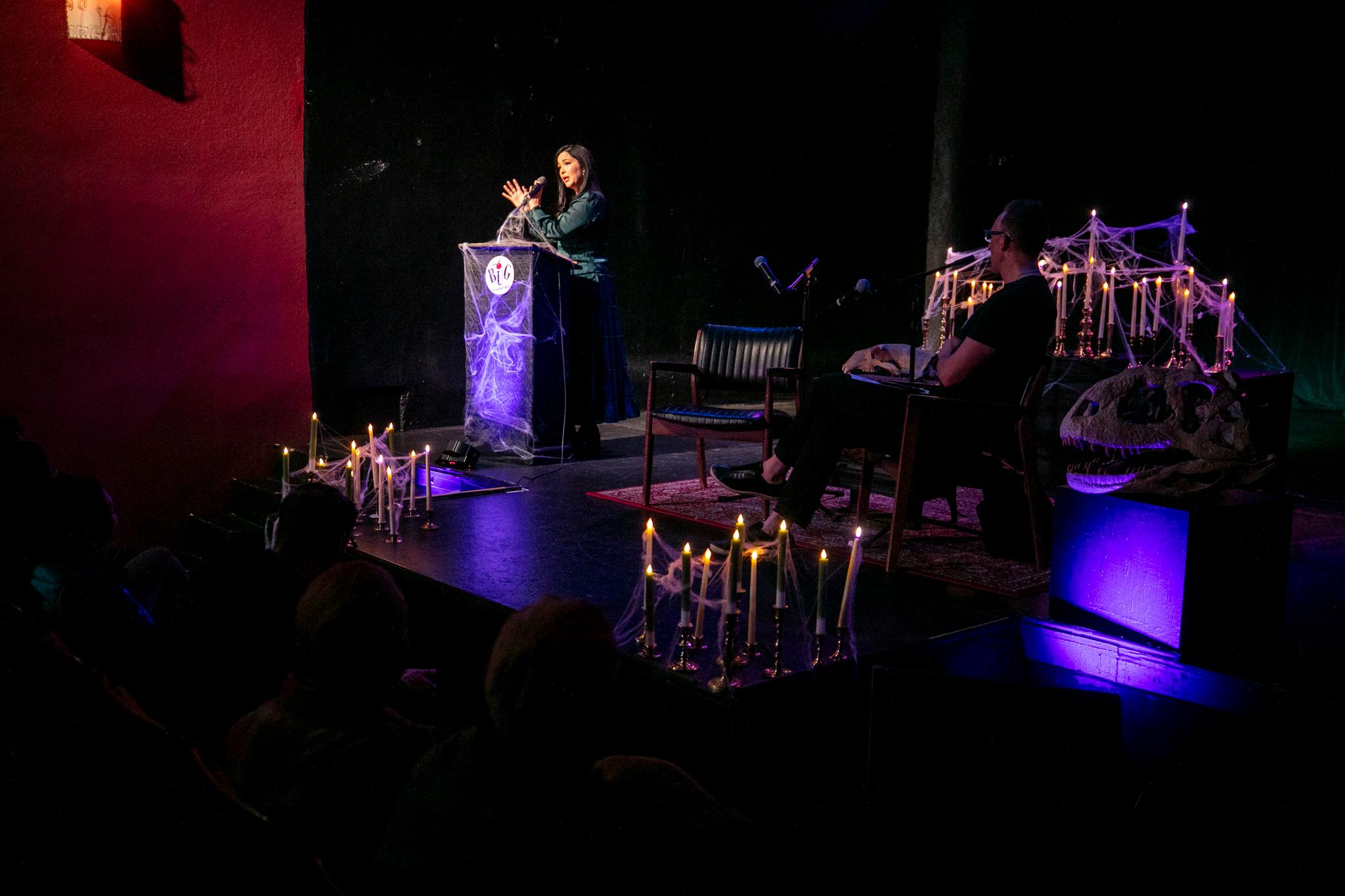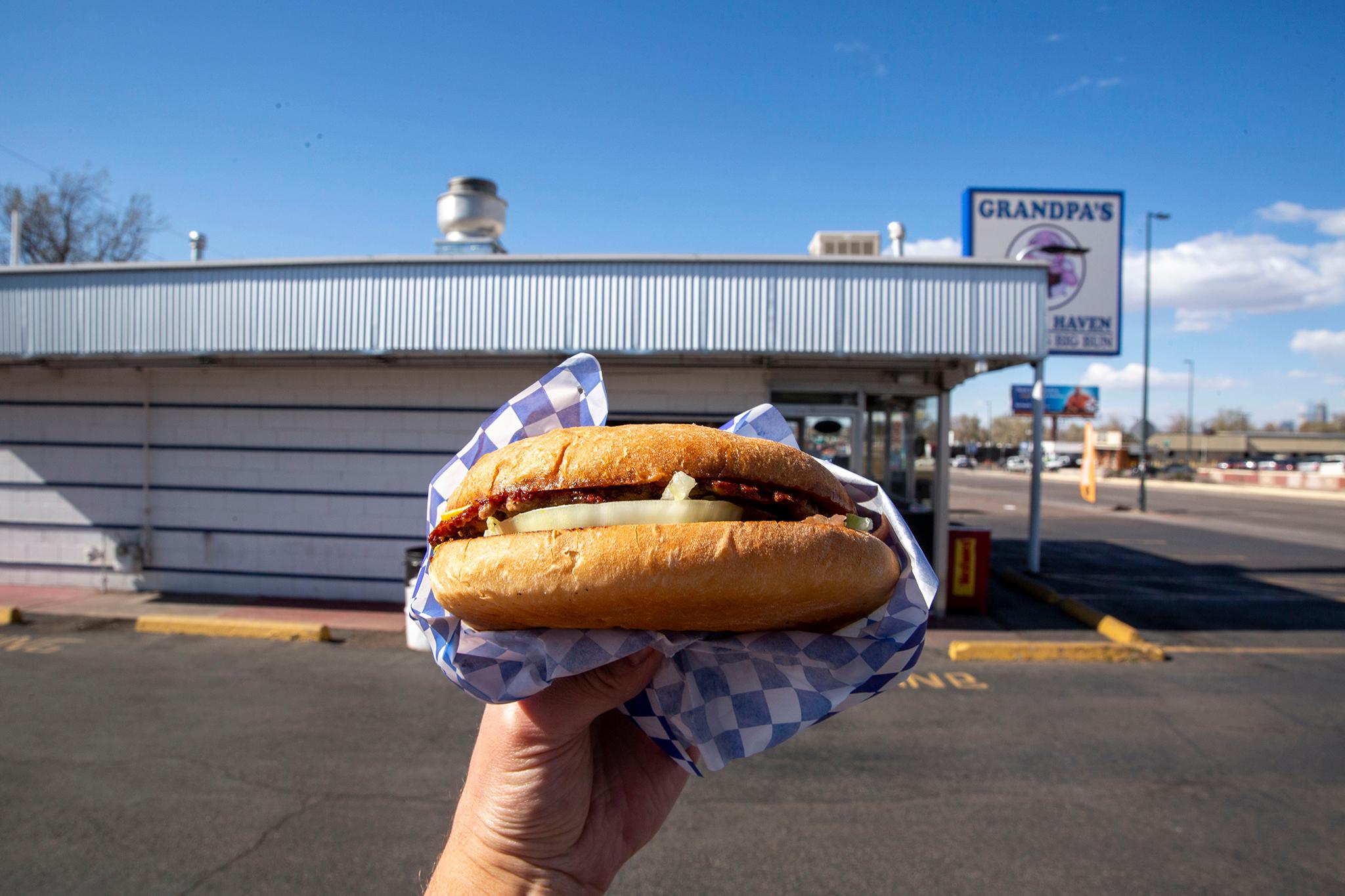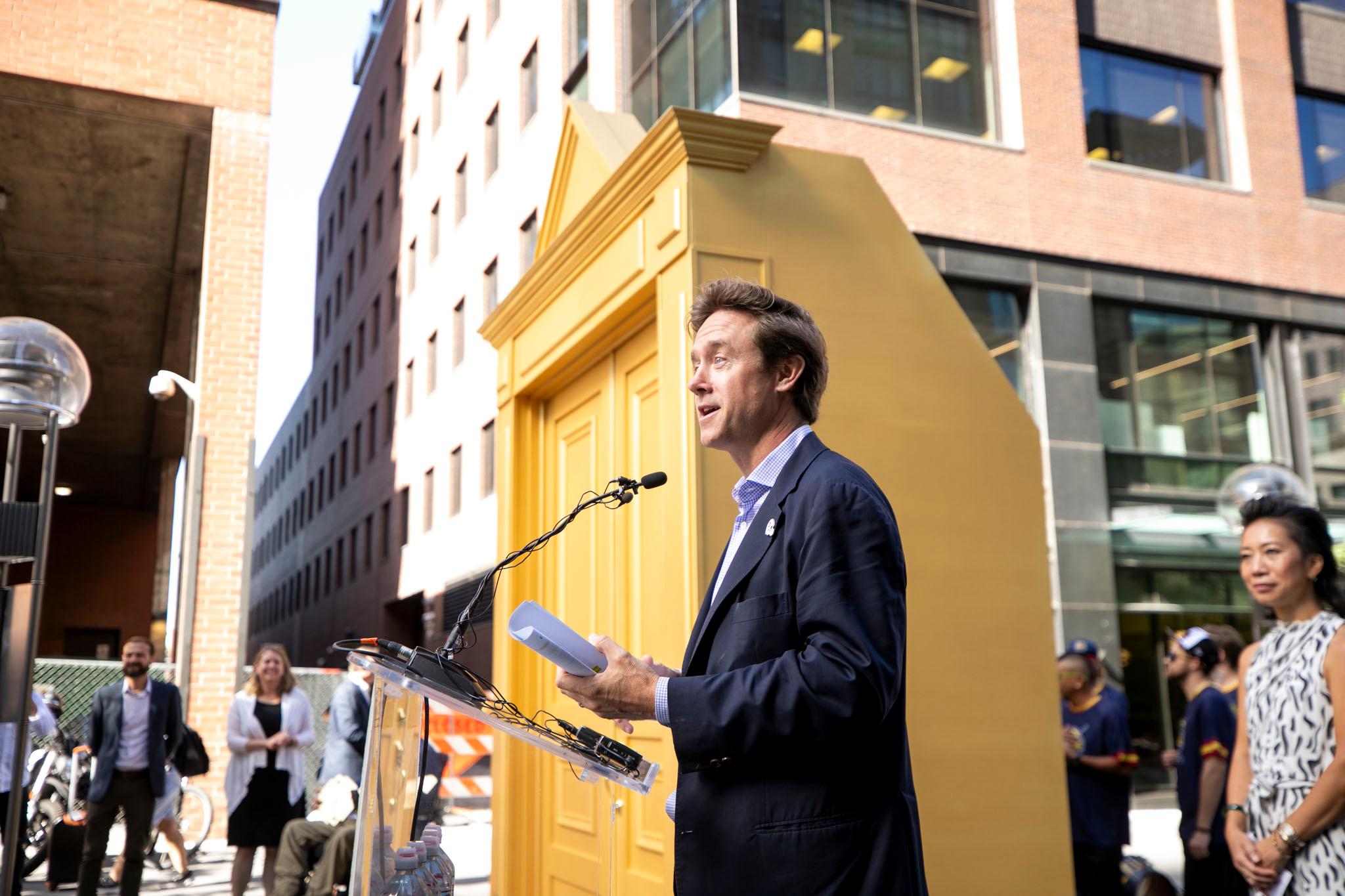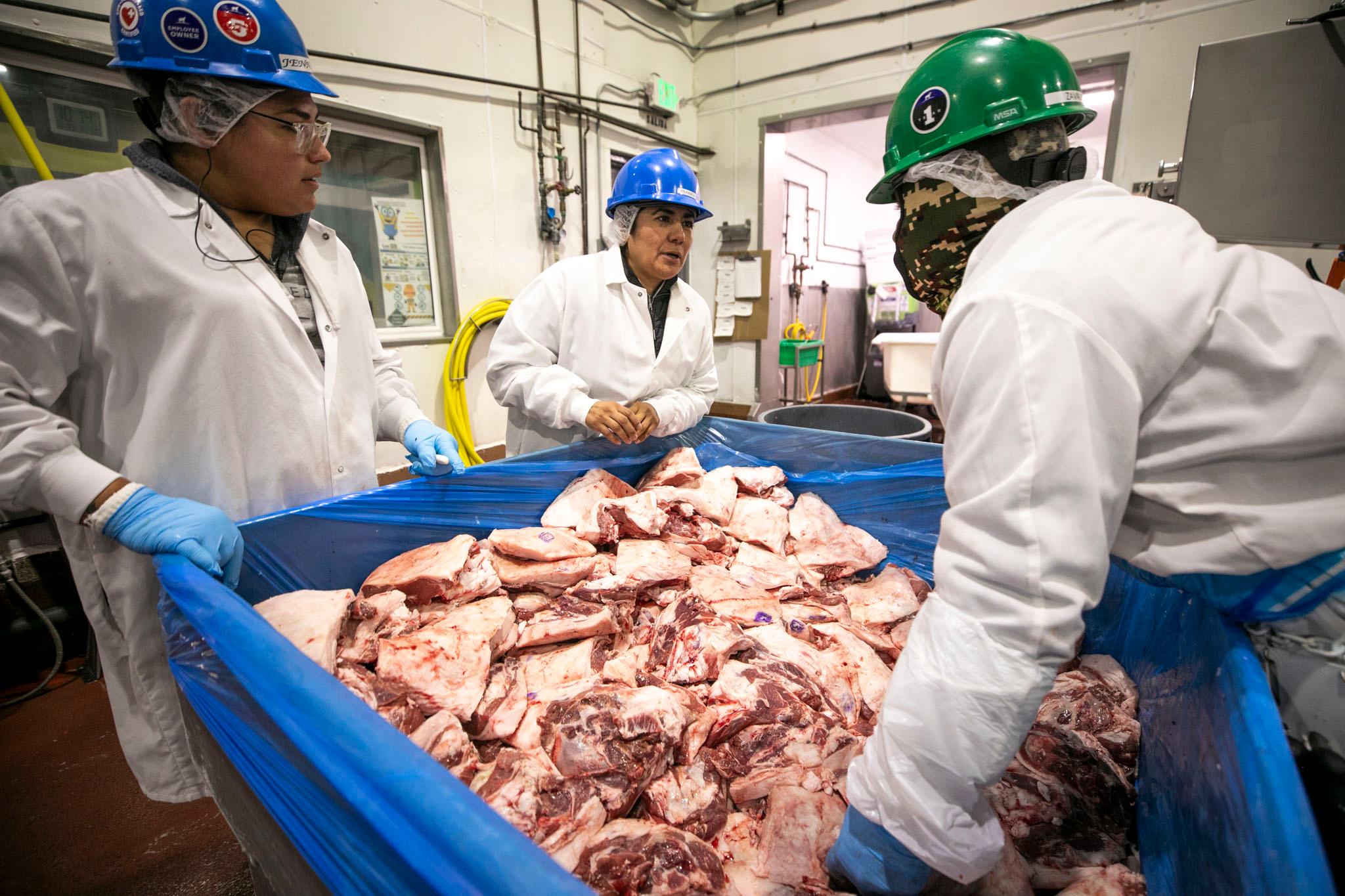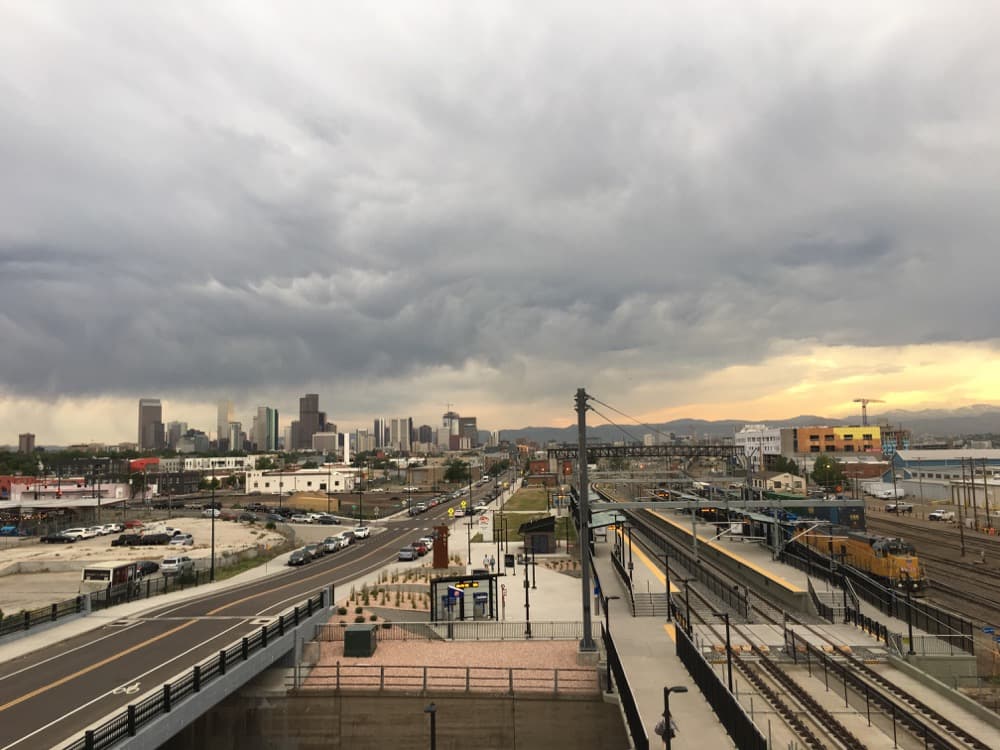
The Denver City Council on Monday approved a plan that could bring a cluster of 16-story buildings to the 38th and Blake Station area.
The changes passed with a strong majority, but it brought an intense debate to the council chambers: Would a surge of new residential units simply accelerate gentrification and drive out residents of nearby neighborhoods? Or could the city harness development in a way that eased the housing crisis?
The basics:
Developers really like 38th and Blake. The station is the first on the line from downtown to the airport, and land here is cheaper than downtown. Some groups have already proposed plans that would rise to 12 and even 16 floors.
"This area in particular has seen substantial velocity in investment, like nowhere else we’ve seen in the city," said planning director Brad Buchanan.
The bill approved on Monday opens the door for that kind of high-rise construction. But the new rules have a catch for developers: Residential towers could only reach the highest heights if they also build or pay for extra affordable housing within the area.
"Do you want to build higher? Yes, you can do that — but at a price — a price the community helped to set and design," Buchanan said.
Under the rules, a residential high-rise near 38th and Blake might end up with roughly 6 to 10 percent of its units being affordable, according to city staff. The rules for those taller buildings require five times more affordable housing than the city's normal requirements.
The units must serve people making less than 80 percent of the area median income, or about $60,000 for a family of three -- a level that some critics said wasn't affordable enough, though housing vouchers can further drive down the cost. The units have to stay affordable for at least 20 years under citywide standards.
Commercial and office buildings also would have to pay into a citywide affordable housing fund or provide community benefits, such as childcare or community kitchens, in order to build higher.
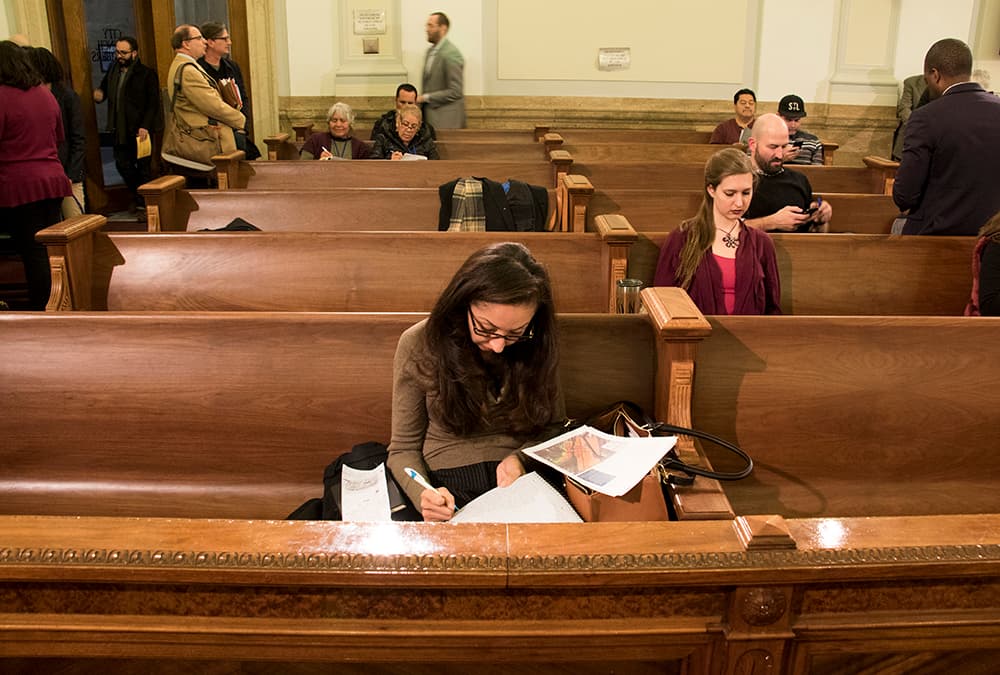
Nearly 30 people spoke, and council members asked extensive questions. Some of the issues raised:
The plan doesn't require parking within a half-mile of the station, a move meant to encourage transit ridership and decrease construction costs.
"We're creating more density, and yet we're not requiring enough parking," said Councilwoman At-large Debbie Ortega. Still, Council President Albus Brooks said that parking will be allowed, and often is required by the banks that back projects.
People at the public hearing said the package needed more affordable housing . "The requirements for affordability are not enough considering the actual dynamic of displacement, there should be more consideration of this issue," said Five Points resident Mercedes Gonzales through a translator.
City staff said that the rates were based on modeling of what developers could handle financially.
"This project gives an illusion that it is the solution. This is merely a gift to your campaign financier, the developers," said Vanessa Quintana.
Some asked whether the area could absorb this much growth.
Some of the concern is about physical constraints. The Cole Neighborhood Association is concerned that the 38th Street underpass will be overwhelmed.
Others said that the creation of a high-density hub would raise rents and property taxes in surrounding neighborhoods, including Globeville.
Candi CdeBaca, who is running for Council President Albus Brooks' council seat, said community groups weren't properly involved and that the change was an invitation "to more easily build in one of the more vulnerable areas."
On the other hand, city planner Abe Barge said that adding new units would "take pressure off" housing prices generally, and that the new affordable units would further help.
Speaker Andy Sense said that the city had to "say 'yes' to housing at all price points" while expanding its affordable housing efforts.
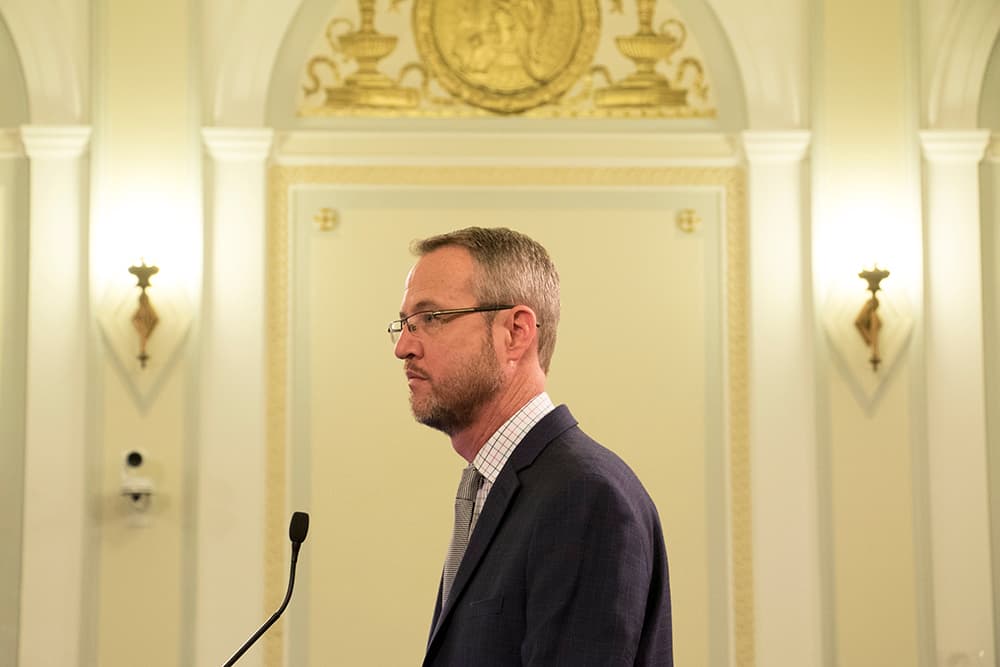
Council reactions:
The bill passed 11-1, with Councilman Paul López as the only opposition. Councilwoman Stacie Gilmore was absent due to the death of her father-in-law.
Brooks, an original proponent of the new rules, said that the plan's denser development and urbanism was part of the answer to soaring housing prices.
Adding supply should lower prices, he said, especially with guaranteed affordable units. He blamed some of the backlash on "fear of change."
"Somewhere between soaring skyscrapers and scoring housing costs lies the answer," said Brooks.
Councilwoman Robin Kniech agreed with Brooks but said that the critical response from the community was "appropriate and necessary."
Councilman Rafael Espinoza said he would support it because it was "marginally better than the status quo" but wanted it pushed further. Councilman Paul Kashmann said that it's "better than zero," but that it would hardly make a dent in the need.
"We need to get way more serious than this," he said. "I'm not just talking about council and the administration. I’m talking about the 700,000 other people that live there."
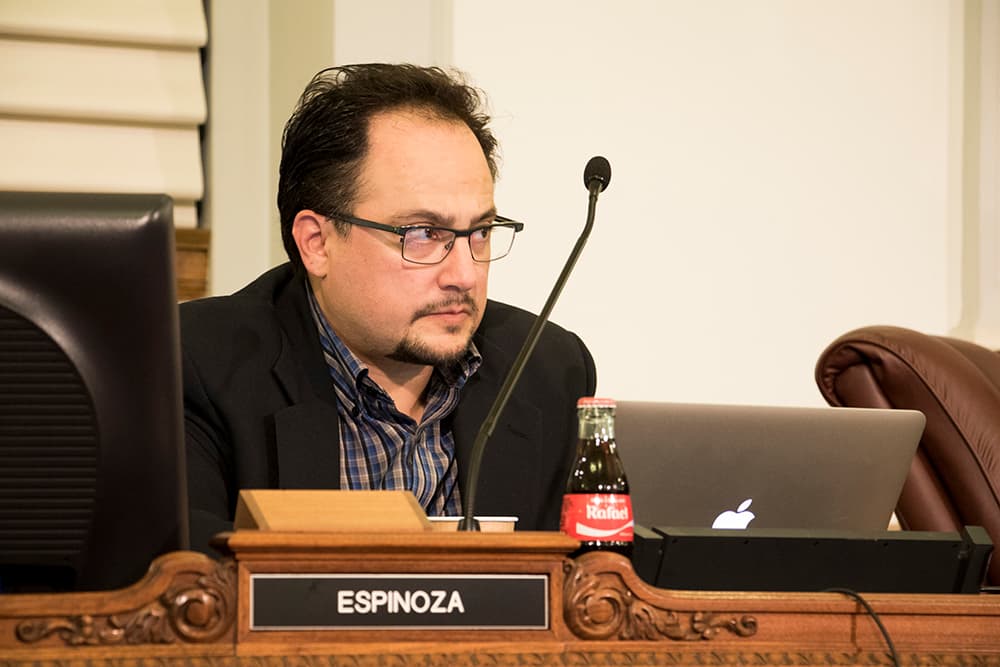
Councilman Jolon Clark was particularly excited about the new design standards, which encourage developers to build around the South Platte River. "This is a huge step," he said of the affordability effort.
Councilman Wayne New warned that "displacement and gentrification is coming," but was optimistic about the 38th and Blake plan.
Councilman Paul López said he would oppose the change because he wanted the bill to target lower income levels.
Councilwoman At-large Debbie Ortega said that the city needs to require developers to pay for more of the infrastructure, such as roads, that they use. "We just keep giving and giving," she said.
The council also voted on another bill for the 38th and Blake area that allows for higher development -- not all the way to 12 and 16 floors, but instead three to eight floors -- even if developers don't take advantage of the affordability incentives.
Espinoza and López opposed the zoning change, with Espinoza saying it gave away too much to developers without asking anything in return. That vote passed 10-2.



